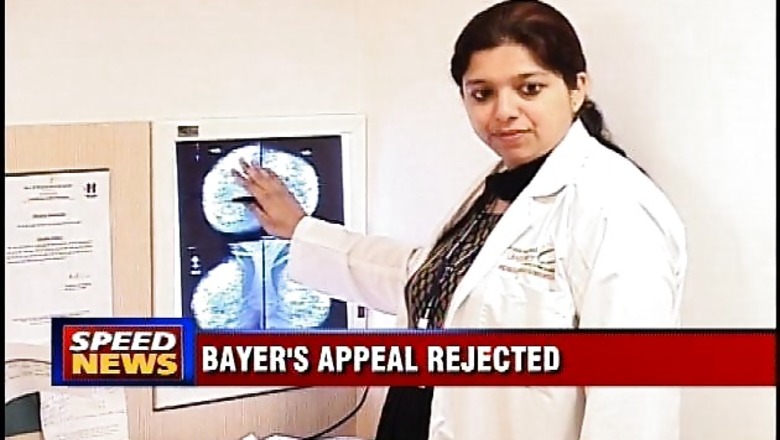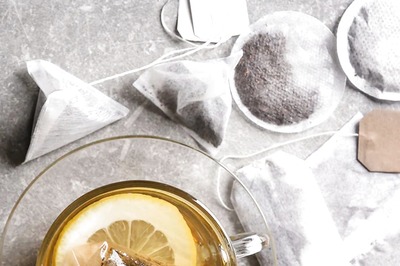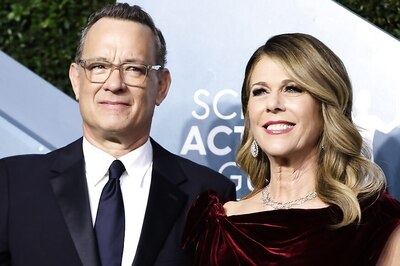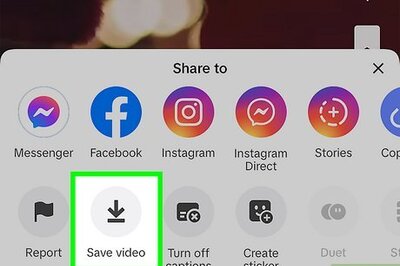
views
Chennai: An Indian board in Chennai has upheld a domestic pharmaceutical company's right to sell a generic version of Bayer AG's cancer drug Nexavar at much cheaper prices, but increased the royalty it should pay. Bayer has decided to challenge the decision.
The Intellectual Property Appellate Board (IPAB) dismissed Bayer's petition against a government decision in 2012 that allowed Natco Pharma to sell the generic version - a monthly dose of this costs Rs 8,800 as opposed to Bayer's price of Rs 2.8 lakh.
The ruling paves the way for the issue of more so-called compulsory licenses as governments, particularly in emerging markets such as China and Thailand, battle to bring down healthcare costs and provide access to affordable drugs to treat diseases such as cancer, HIV-AIDS and hepatitis. Bayer, Germany's largest drugmaker, said it would continue to fight to overturn the decision, which it said weakened the international patent system and endangered pharmaceutical research.
Under a global Trade-Related Aspects of Intellectual Property Rights (TRIPS) agreement, countries can issue compulsory licenses on certain drugs that are deemed unaffordable to a large section of their populations. India's $13 billion drug market is seen by drugmakers as a huge opportunity, but there are concerns about the level of protection for intellectual property in the country -- where generic medicines account for more than 90 per cent of drug sales -- after a series of judicial setbacks for "big pharma".
On Monday the board dismissed the petition, although it did order Natco Pharma to pay a royalty of 7 per cent on sales of generic Nexavar to Bayer, an increase from the 6 per cent royalty that had earlier been set. Also, the board fined Natco Pharma Rs 50,000 for presenting incorrect facts during the legal proceedings.
The amount would be donated to a cancer treatment hospital, the board ordered. Announcing the decision, Justice Prabha Sridevan said the kidney and liver cancer drug should be available at an affordable price to everybody.
Bayer said in a statement it "strongly disagreed" with the conclusions of the board, adding that it would seek to challenge it at the High Court in Mumbai. "The challenges faced by the Indian healthcare system have little or nothing to do with patents on pharmaceutical products as all products on India's essential drug list are not patented," the company said.
Natco Pharma Company Secretary M Adinarayana told reporters the board had delivered a "reasoned, detailed" decision that could be "sustained in any court of law". In a separate case, Bayer has accused another Indian drugmaker, Cipla, of infringing its patent on Nexavar. Cipla had launched its generic version of Nexavar before Natco won the compulsory license.
Cipla undercut Natco's price in May last year and now sells the drug at $124.56 for a month's dose. Among other setbacks for Western drug companies, India has revoked patents granted to Pfizer Inc's cancer drug Sutent, Roche Holding AG's hepatitis C drug Pegasys and Merck & Co's asthma treatment aerosol suspension formulation.
Another case involving drug patents is currently in front of the Supreme Court, with Novartis battling against an earlier decision refusing it a patent on cancer drug Glivec. New Delhi has also taken other measures, such as controlling the prices of generic medicines and providing free medicines at government-run hospitals that cater to the country's poor. Last week a government panel recommended a formula to curb prices of patented drugs to make them affordable for the world's second-most populous country.
(With Additional Inputs From Reuters)


















Comments
0 comment